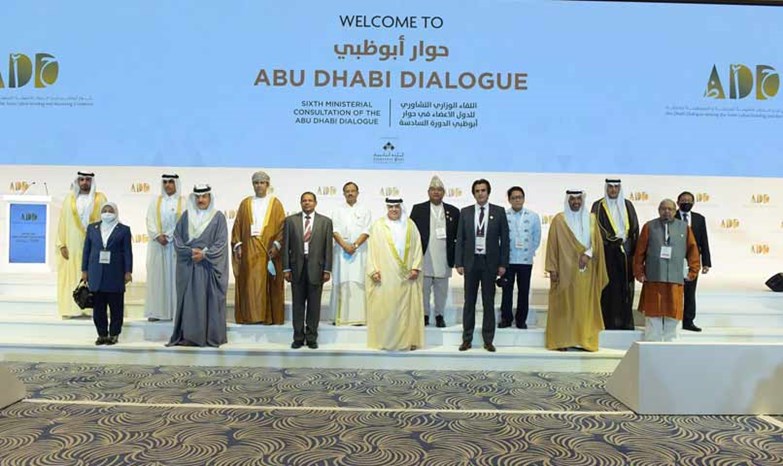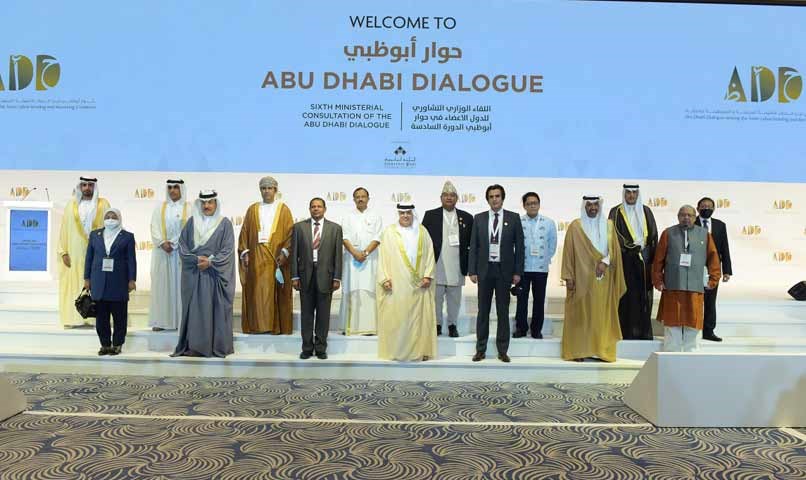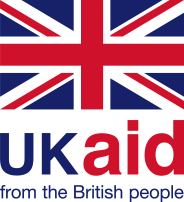The Sixth Ministerial Consultations of the Abu Dhabi Dialogue (ADD) held in Dubai on 26 and 27 October 2021 was attended by Government, private sector, and civil society leaders from 16 countries to discuss a range of issues relating to recruitment and employment of temporary contractual workers. The convention accorded the responsibility of Chair for the next two years to the Government of Pakistan, a position held earlier by the United Arab Emirates (UAE). During the dialogue, the GoN delegation (headed by the Minister of Labour, Employment and Social Security) reiterated its commitments to supporting skilled and informed migration and promoting ethical recruitment from Nepal.
Insights:
Key Takeaways from the Abu Dhabi Dialogue Proceedings
The Sixth Ministerial Consultations of the Abu Dhabi Dialogue (ADD) held in Dubai on 26 and 27 October 2021 was attended by Government, private sector, and civil society leaders from 16 countries to discuss a range of issues relating to recruitment and employment of temporary contractual workers. The convention accorded the responsibility of Chair for the next two years to the Government of Pakistan, a position held earlier by the United Arab Emirates (UAE). During the dialogue, the GoN delegation (headed by the Minister of Labour, Employment and Social Security) reiterated its commitments to supporting skilled and informed migration and promoting ethical recruitment from Nepal.
UKaid सीप priorities—aligned to SDG 10.7 on orderly, safe, regular and responsible migration and with GoN goals—were among the key topics discussed. This was reflected in the keynote address by UAE Minister of Human Resources and Emiratisation on new economic priorities of GCC countries focused on increased demand for skilled labour (via development of regional guidelines on skills partnerships); industrial diversification and growth; adopting effective technology; according priority to the women workforce; and migrants protection in the emerging labour markets. UKaid सीप is committed to GoN’s priority on skilled mobility partnerships and is prioritising corridor specific skilling policy development by supporting a launch in an exciting new corridor. Skills accreditation and augmentation, fair recruitment in potential new destinations, access to information and affordable finance continue to be key drivers of safe and orderly migration for the programme. And we are excited that our interventions are aligned with the future of orderly migratin as discussed at the ADD and other similar forums.
|
The Abu Dhabi Dialogue was established in 2008 as a forum for dialogue and cooperation among Asian countries of labour origin and destination. The ADD consists of 18 countries, 11 countries of origin: Afghanistan, Bangladesh, China, India, Indonesia, Nepal, Pakistan, The Philippines, Sri Lanka, Thailand, and Vietnam; and 7 countries of destination: six GCC countries of destination (Bahrain, Kuwait, Oman, Qatar, Saudi Arabia, and the United Arab Emirates), and Malaysia. It has special significance for the South Asian countries--including Nepal--as GCC is the major destination for most of the migrant workers from the region.




